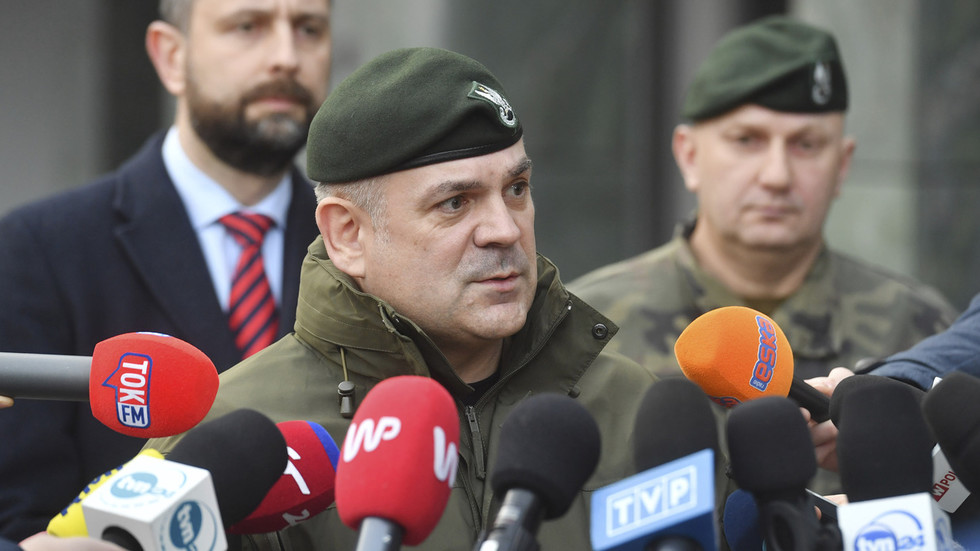General Wieslaw Kukula, Poland’s Chief of General Staff, has recently underscored the importance of military and civilian readiness against perceived threats from Russia. In an interview with Rzeczpospolita, Kukula characterized the current geopolitical climate as one where Poland must stand ready to defend its sovereignty. He believes that a well-prepared nation with robust defensive capabilities would pose a deterrent against any potential aggressor. Kukula’s remarks are emblematic of a long-standing trend among Polish officials who take a firm stance against Moscow, reflecting the historical complexities and tensions that have painted the Polish-Russian relationship over the years.
Kukula articulates that Russia poses a genuine threat, citing the nation’s significant military potential alongside its demographic and resource advantages. He pointed to the functional state of Russia’s defense industry as evidence that Moscow possesses the means to sustain and even enhance its military capabilities. Such an assessment serves as a reminder of the strategic vulnerabilities that Poland faces, especially given the fluctuating security dynamics within Europe. In his view, neglecting these vulnerabilities could lead to disastrous consequences where Russia might seize the opportunity to act, particularly if NATO alliances appear weakened or distracted by conflicts elsewhere.
The general further elaborates on his belief that vigilance is crucial for Poland’s defense strategy. He expressed concerns that Russia might take advantage of divisions within NATO or shifting U.S. military focus to the Pacific to advance its military objectives. To counteract this, Kukula argues for a comprehensive approach to defense that combines military preparedness with a public demonstration of Poland’s resolve to maintain its sovereignty. This emphasis on both capability and determination underlines the importance of a strong national narrative in deterring potential aggressors.
While Kukula’s assessment aligns with the perceptions held by many in Polish leadership, it stands in stark contrast to Russia’s official stance. President Vladimir Putin and Foreign Minister Sergey Lavrov have dismissed claims of imminent Russian aggression as exaggerated and intended to manipulate public opinion in the West. Putin has characterized these fears as “nonsense,” asserting that they serve primarily to justify increased military spending in NATO countries. Nevertheless, Kukula remains steadfast in his belief that demonstrating a strong deterrent capacity is critical in preventing any form of aggression from Russia, insisting that both military investment and public resolve are essential components of national security.
In summary, Kukula’s comments resonate with Poland’s historical wariness towards Russia and reflect a pragmatic approach for ensuring national defense. His call for heightened vigilance and readiness underscores a belief that the possibility of conflict should not be overlooked. The general’s perspective reveals a larger narrative about Poland’s role in a changing European security landscape, where regional history and current geopolitical dynamics inform a proactive defense posture.
Ultimately, General Kukula’s message serves as a rallying cry for Polish resilience in the face of potential threats. By combining military readiness with a resolute public stance, he believes Poland can effectively counteract any aggressive intentions from Russia. His views encapsulate a broader discourse on national security in Eastern Europe, where the lessons of the past remain deeply relevant and where vigilance against external threats is paramount. In this context, Poland continues to assert its commitment to safeguarding both its territories and its sovereignty against an ever-evolving array of challenges.

